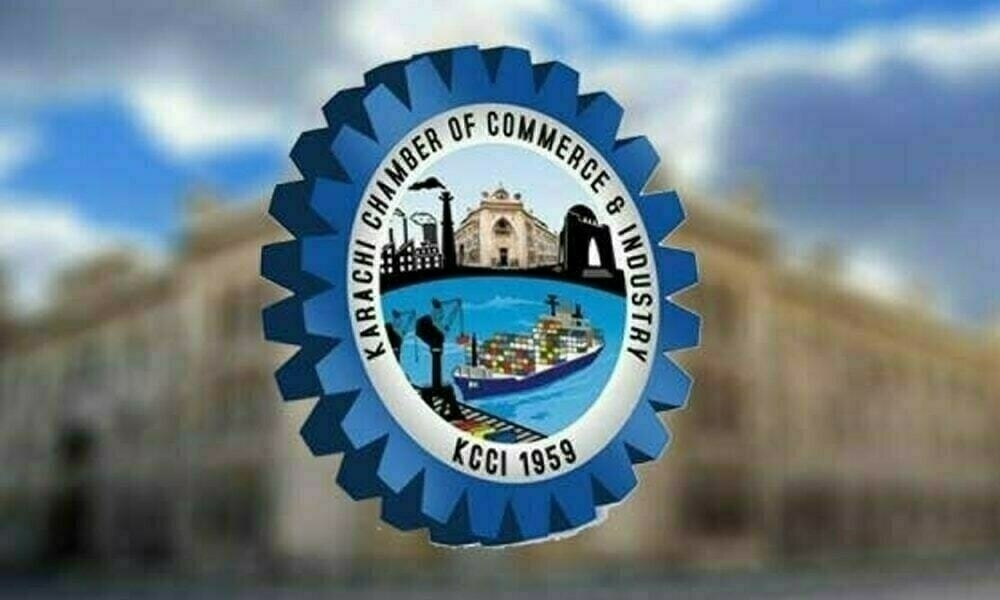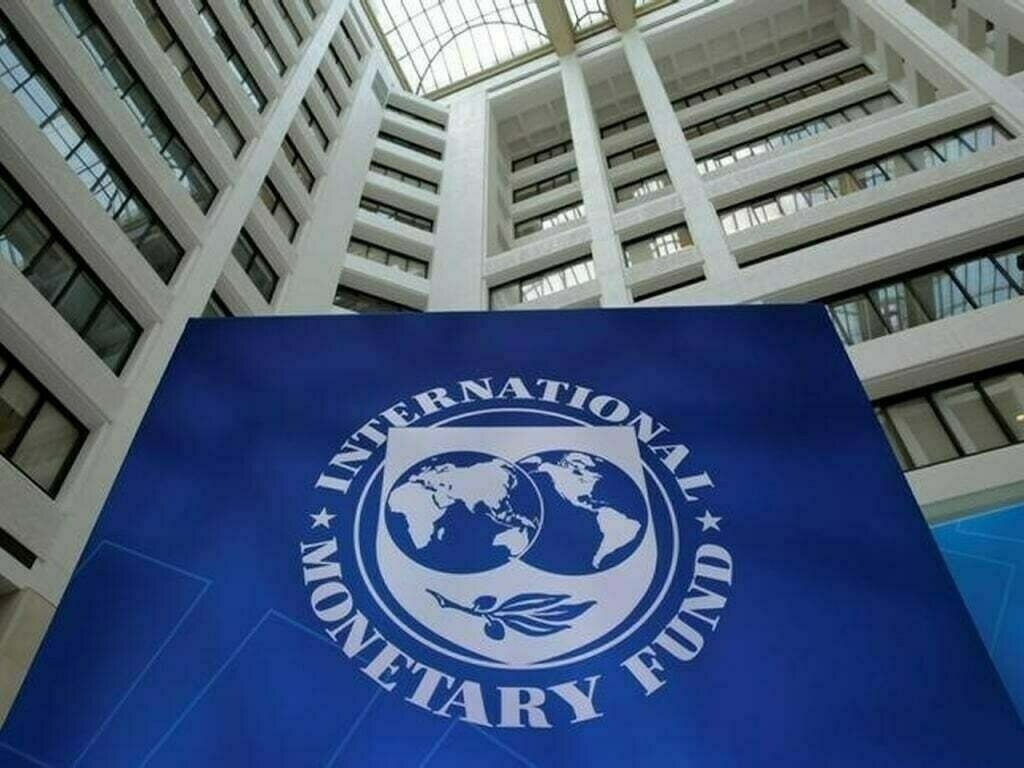PTBP Web Desk
The Federal Board of Revenue (FBR) of Pakistan has released its annual performance report for the fiscal year 2023-24, highlighting the significant contributions of its regional tax offices to the nation’s tax collection. Notably, the Large Taxpayer Office (LTO) in Karachi has emerged as the leader, contributing an impressive 30.74 percent to the overall tax revenue, which includes income tax, sales tax, and federal excise duty.
LTO Karachi’s performance in tax collection has been remarkable. In the fiscal year under review, this office collected a total of Rs2,522 billion. This sum breaks down into Rs1,360 billion from income tax, Rs136.3 million from federal excise duty, and over Rs1,000 billion from sales tax. This demonstrates the pivotal role that Karachi’s economic hub plays in the tax revenue of Pakistan.
Following LTO Karachi, LTO Lahore secured the second spot with tax collections exceeding Rs1,402 billion. This represents a 17.09 percent contribution to the national tax kitty. LTO Islamabad, with a contribution of 14.18 percent, collected Rs1,164 billion, placing it in the third position. Other significant contributors include RTO Lahore with 4.7 percent and LTO Multan with 4.1 percent. Together, these top five offices account for approximately 70.7 percent of the total tax collection, underscoring the concentration of economic activity in these regions.
The report also sheds light on the growth in the number of registered taxpayers across different regions. A healthy increase of 36.2 percent was recorded in the number of income tax taxpayers, with an addition of 3.574 million new taxpayers. RTO Multan led this growth with a 59.212 percent increase, while RTO Bahawalpur and RTO Sahiwal also showed significant increments.
In terms of sales tax, the landscape is similarly encouraging, with an 8.3 percent rise in registered taxpayers, adding 30,297 new taxpayers across Pakistan. This growth in taxpayer registration across both income and sales tax sectors reflects an expanding tax base, which is crucial for sustainable revenue generation.
The performance of these tax offices directly correlates with the economic activities within their jurisdictions. Karachi, as the commercial capital, naturally leads in tax contributions due to its high density of business operations. However, the balanced growth across various regions, as seen in the increase in registered taxpayers, suggests a broadening economic base which could lead to more equitable tax distribution in the future.
Despite the commendable performance, some regions displayed less than a 10 percent increase in taxpayer numbers, indicating areas where economic activity or tax compliance might need bolstering. This disparity presents both a challenge and an opportunity for the FBR to implement strategies aimed at enhancing tax education, compliance, and enforcement in these areas.




